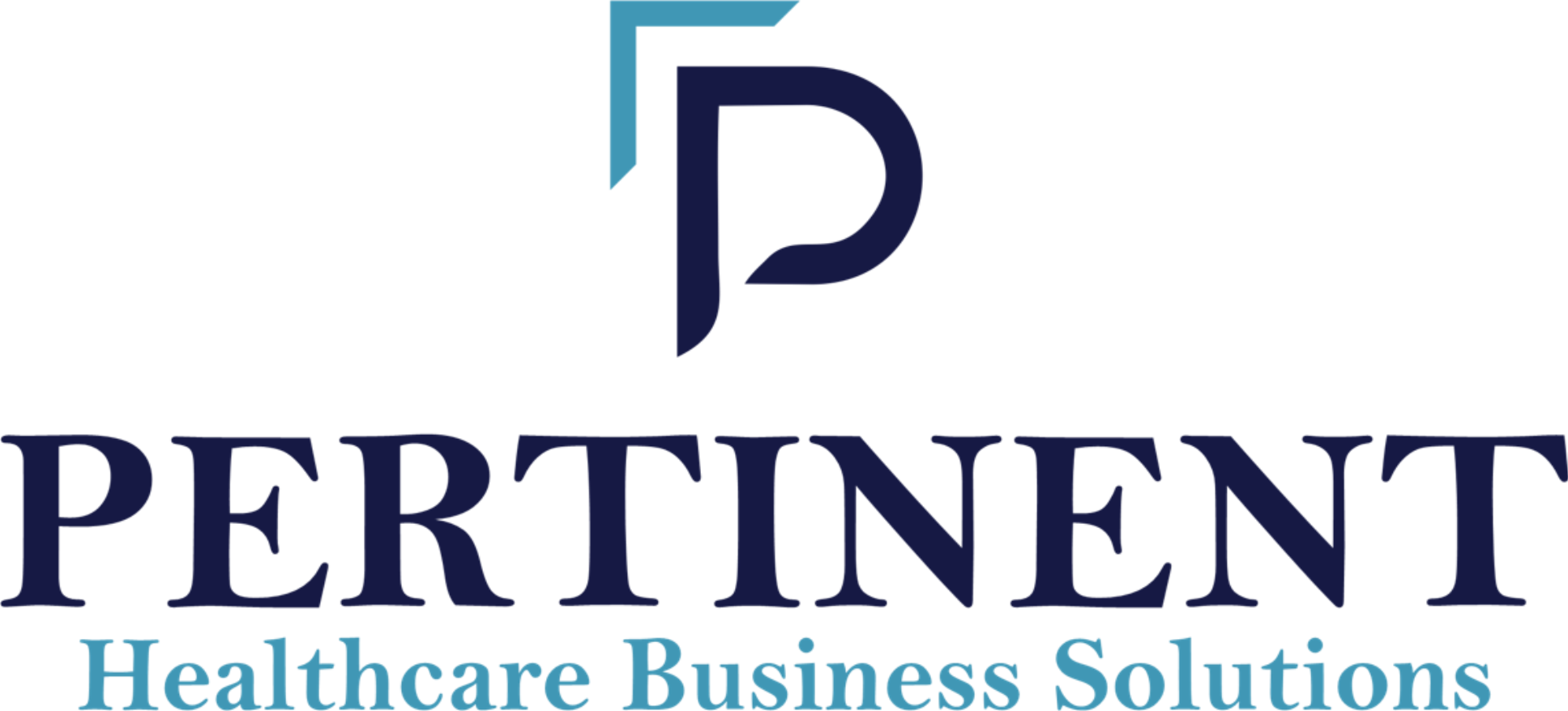MEDICAL REVENUE CYCLE MANAGEMENT
Medical revenue cycle management (RCM) refers to the process of managing the financial aspects of a healthcare organization, including the administration of claims, billing, and payment. It is a critical component of a healthcare organization’s financial health, as it directly impacts the organization’s ability to generate revenue and provide high-quality care to patients.
There are several key steps involved in medical RCM:
Charge capture: This involves accurately recording all services provided to patients and the corresponding charges.
Claim submission: After charge capture, the next step is to submit the claims to payers (e.g., insurance companies) for reimbursement.
Payment posting: Once payment is received, it is important to accurately post the payment to the patient’s account.
Account follow-up: If a claim is denied or not paid in full, it is the responsibility of the healthcare organization to follow up with the payer to resolve the issue.
Patient billing: If the patient is responsible for any portion of the charges, it is important to accurately bill the patient and follow up on any unpaid balances.
Effective medical RCM requires a thorough understanding of the complex billing and coding processes, as well as the ability to efficiently manage the flow of information and documents. It also requires strong communication and negotiation skills to effectively resolve issues with payers.
There are several challenges that healthcare organizations face in managing the medical RCM process.
One major challenge is the increasing complexity of payer policies and requirements. With the constantly changing landscape of healthcare, payers are continually updating their policies, which can make it difficult for healthcare organizations to keep up.
Another challenge is the need to maintain accurate and up-to-date patient records. With the increasing use of electronic health records (EHRs), it is important for healthcare organizations to ensure that the information in the EHR is accurate and complete. Inaccurate or missing information can lead to denied claims and lost revenue.Effective medical RCM can lead to significant benefits for healthcare organizations. It can help to reduce the time and effort spent on administrative tasks, freeing up staff to focus on patient care. It can also improve cash flow by ensuring that claims are processed efficiently and that payments are received in a timely manner. Overall, medical RCM is a crucial aspect of financial management in the healthcare industry. By-effectively managing the process, healthcare organizations can improve their financial health and better serve the needs of their patients.



